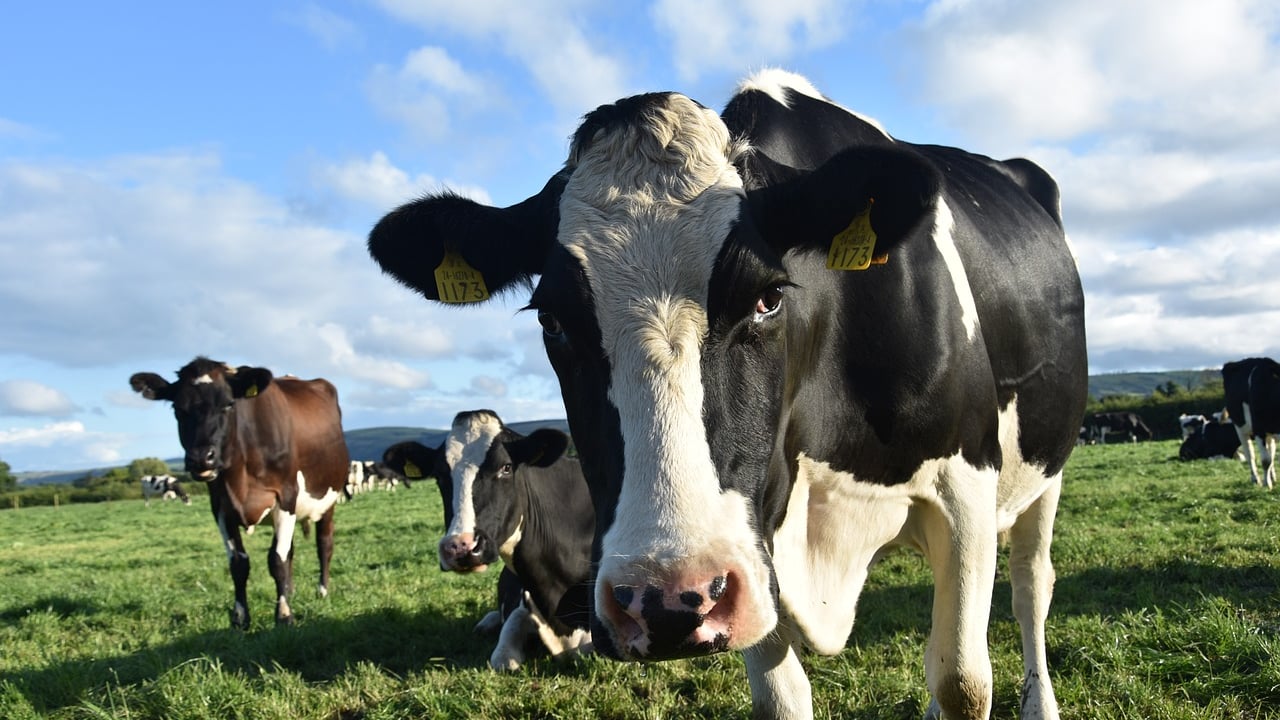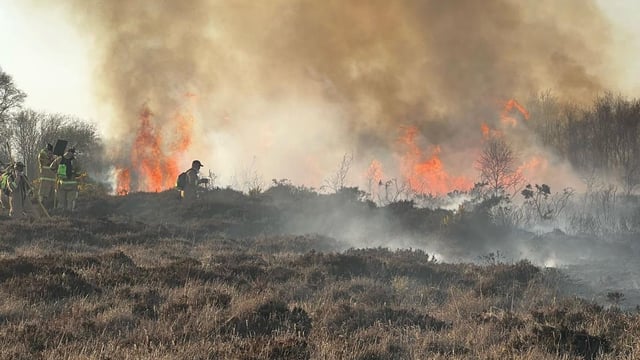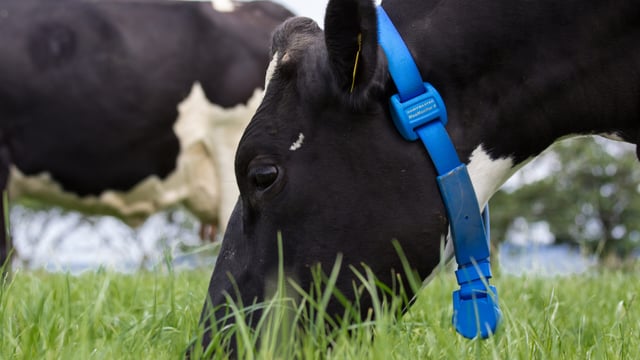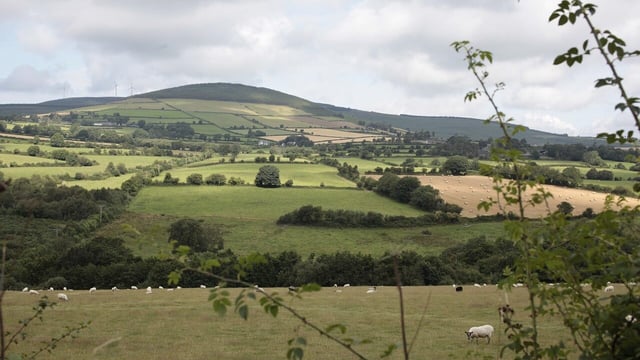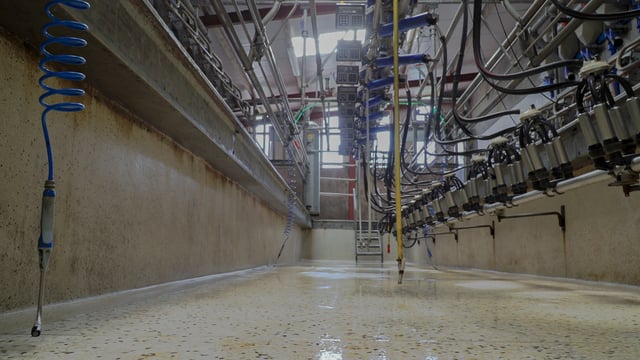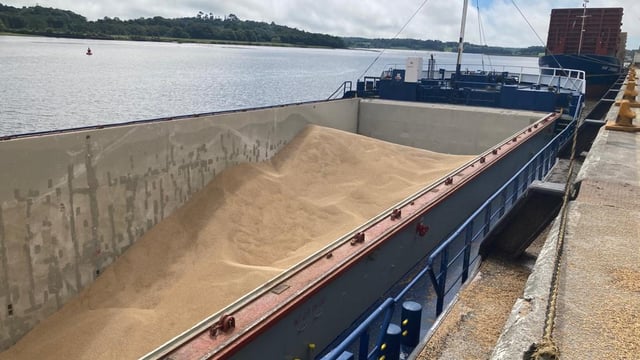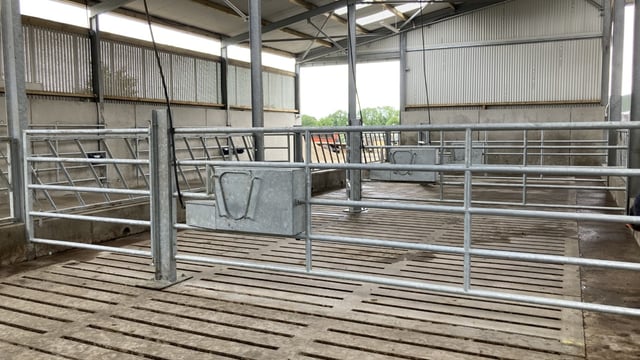Inflation has 'eroded value' of TB related payments - ICSA
Current compensation rates set out in the TB Eradication Programme "no longer reflect true market value," the Irish Cattle and Sheep Farmers’ Association (ICSA) said today (Friday, April 11).
It is calling for an increase "in all compensation rates" and has urged the Minister for Agriculture, Food and the Marine, Martin Heydon, to ensure that this is central to any bovine tuberculosis (TB) revised strategy.
Last month the Department of Agriculture, Food and the Marine (DAFM) outlined over 20 proposed measures to curb the spread of the bacterial disease to members of the TB Forum.
Minister Heydon recently told the Dáil that he is "very conscious of the impact a TB outbreak can have on Irish farm families".
At the same time he also acknowledged that there has been "a deterioration in the incidence of TB in recent years".
TB
It is because of the high TB incidence rate that the ICSA Animal Health and Welfare chair, John Barron, today warned that it is crucial that farmers "cannot be left worse off under any new proposals".
Barron said fundamentally farmers must be treated fairly in any new strategy designed to tackle TB.
To start off the ICSA wants to see the cap on valuations increased "from €3,000 to €5,000 for standard animals, and from €5,000 to €7,000 for pedigree animals".
Barron added: "These outdated caps no longer reflect the true market value of quality stock, particularly high-value pedigree breeding animals.
"In addition, the supplementary compensation supports, such as the Hardship Grant and Income Supplement, also need to be revised upwards.
"Inflation has severely eroded the value of these payments, and the current rates do not adequately protect farmers from the real financial losses suffered during a TB breakdown.”
The ICSA is also highly critical of the current approach to the handling of TB breakdowns.
“We need to see a uniform national approach.
"All Regional Veterinary Offices (RVOs) must implement agreed protocols consistently to ensure fairness and transparency around every breakdown, regardless of what county you are in," Barron added.
According to the ICSA there are seven key issues that need to be addressed in any new TB strategy including:
- A full review of, and proper resourcing for, the wildlife control programme;
- Faster removal of reactors and rapid follow-up testing;
- Removal of inconclusive animals from herds - with full compensation, provided there are no other reactors - with the herd remaining open;
- Pre-testing of breeding cows and bulls over 36 months, or confirmation they come from a recently tested herd;
- Removal of the post-movement testing requirement;
- Additional testing for animals with three or more movements since they were last tested
- A dedicated AIM data system for contract rearers.
The ICSA Animal Health and Welfare chair stressed that the organisation is also "firmly opposed" to any proposal that would restrict the sale of cows out of the herd for three years following a breakdown, except to a factory or feedlot.
“Such a measure would have a detrimental impact on the mart trade and prevent farmers from getting the best price for their stock.
"We will not accept proposals that shift more of the burden onto farmers without adequate compensation or support," Barron added.

